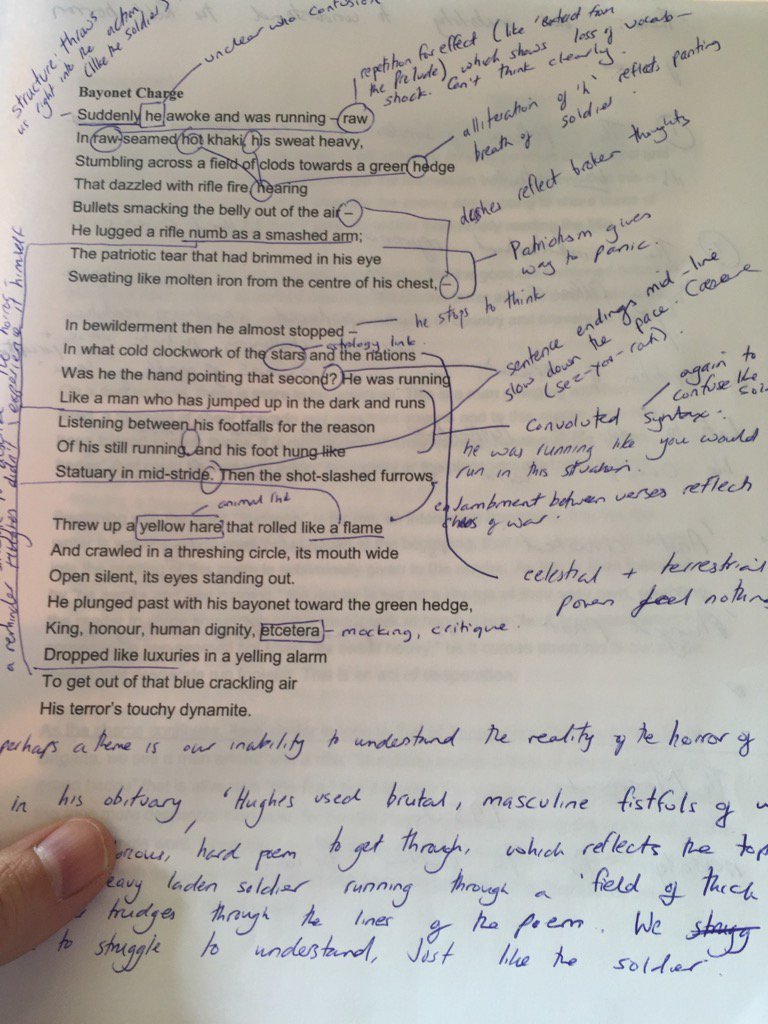
Duberly.Ĭaptain Nolan has been growing increasingly exasperated at the ineptitude of Raglan and the other officers, which has caused needless death and delay at every step. As the war progresses Lord Cardigan retires nightly to the yacht he keeps on the coastline to hold formal dinners, at one of which he seduces Mrs. Back in England the press lies that the city is captured and Russia's government humbled.
#Charged language series
As a result, the Russians reinforce the road to Sebastopol, necessitating a series of further battles before the British even reach the city. When the outbreak passes, British and French forces win at Alma, but Lord Raglan refuses to allow the cavalry to press the advantage, so concerned is he with keeping the cavalry as an undamaged reserve. Captain Nolan, although no friend of his subordinates, is frightened to see the army's organisation fall apart as men are consumed by the disease. Along the way the British forces are ravaged by cholera, an occurrence met with palpable indifference by their commanders. Also travelling with the British command is the 8th Hussars' paymaster's wife named Fanny Duberly ( Jill Bennett), who wants to observe battle first-hand (and be near Lord Cardigan, with whom she is infatuated).īritain and its ally France travel to the Crimea, where they march inland to attack the strategically important city of Sevastopol. Captain Nolan, enlisted as Raglan's aide, is glad to get away from Britain it gives him an escape from the morally uneasy affair he has been having with Clarissa Morris ( Vanessa Redgrave), the wife of his best friend William ( Mark Burns). As campaign preparations begin he is preoccupied with a bad mistake he made while allotting commands, requiring Lord Cardigan to lead the Light Cavalry Brigade under his equally unpleasant arch-rival and brother-in-law Lord Lucan ( Harry Andrews), who has been appointed to command the Cavalry Division. Despite having been a disciple of the recently deceased Duke of Wellington for decades, he has not his military flair. Nolan soon gets into a highly publicised feud with Cardigan, who is angry at him for ordering Moselle wine at a banquet where all guests were to drink champagne.īritish forces are led by Lord Raglan ( John Gielgud), a Waterloo veteran and an amiable, vague-minded man who proves a poor commander. They endure squalid living conditions and are punished mercilessly for the slightest missteps in their duties. Cardigan's men are typical of the common soldiers of their day though reasonably well-equipped – compared with the Russians – they are also poorly trained and supplied.

Nolan's superior is the gruff Lord Cardigan ( Trevor Howard), who treats the regiment under his command as his personal property and who dislikes Nolan as an "Indian" officer with a native Indian servant. As such he regards many of his colleagues, who are mostly aristocratic dilettantes casual about squandering their subordinates' lives, with contempt.

A veteran of the British Indian Army, Nolan is unusual in the hierarchy of his day both for having combat experience and for having acquired his commission through merited promotion as opposed to purchase. The anti-hero is a relatively competent officer, Captain Louis Nolan ( David Hemmings). Tactical and logistical methodology had not advanced in forty years, and the whole ethos of the army was bound in outmoded social values.

Britain had not fought in a European theatre since the Battle of Waterloo in 1815, and the army had become sclerotic and bound by bureaucracy. The film is about the folly of war, and the poor state of the British Army and its leadership during the Crimean War (1853–1856).


 0 kommentar(er)
0 kommentar(er)
